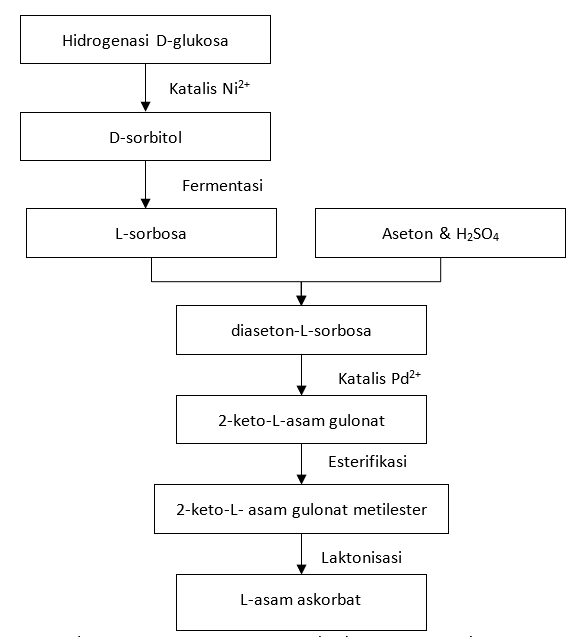Critical Points of Vitamin C Production and Long-Acting Pharmaceutical Preparations
Main Article Content
Abstract
Vitamin C offers numerous benefits, including its role in the immune system. This factor necessitates the intake of exogenous vitamin C because the human body cannot synthesize it endogenously. Long-acting drugs are known to provide long-term therapeutic effects. The halal and haram aspects of Islam are of great importance because of the potential doubt or syubhat between the two. There are different methods for producing vitamin C, such as Reichstein's method or classical two-step fermentation. Generally, vitamin C synthesis involves biotransformation by microorganisms. One approach to creating long-acting preparations is to coat them with gelatin. A product's halal or haram status is determined by its raw materials, additives, and manufacturing processes. Vitamin C production typically involves fermentation using microorganisms; therefore, a halal growth medium must be considered. Long-acting vitamin C preparations that use gelatin should also be evaluated for halal status. If gelatin originates from halal animals, the law depends on the production process. However, if gelatin comes from haram animals, the law is haram.
Article Details

This work is licensed under a Creative Commons Attribution-NonCommercial 4.0 International License.
Copyright
Authors who publish their manuscripts in this journal agree to the following terms:
- The copyright of each article remains with the authors.
- Halal Research Journal holds the right to publish the article first under the Creative Commons Attribution 4.0 International License.
- Authors may distribute their published manuscripts non-exclusively (e.g., to institutional repositories or as part of book publications), provided they acknowledge that the article was first published in this journal.
License
Articles published in this journal are licensed under the Creative Commons Attribution 4.0 International License. This license permits anyone to:
- Copy, distribute, adapt, modify, and create derivative works from the material in any form, including for commercial purposes.
- The condition is that proper credit must be given to the authors for the original work.
